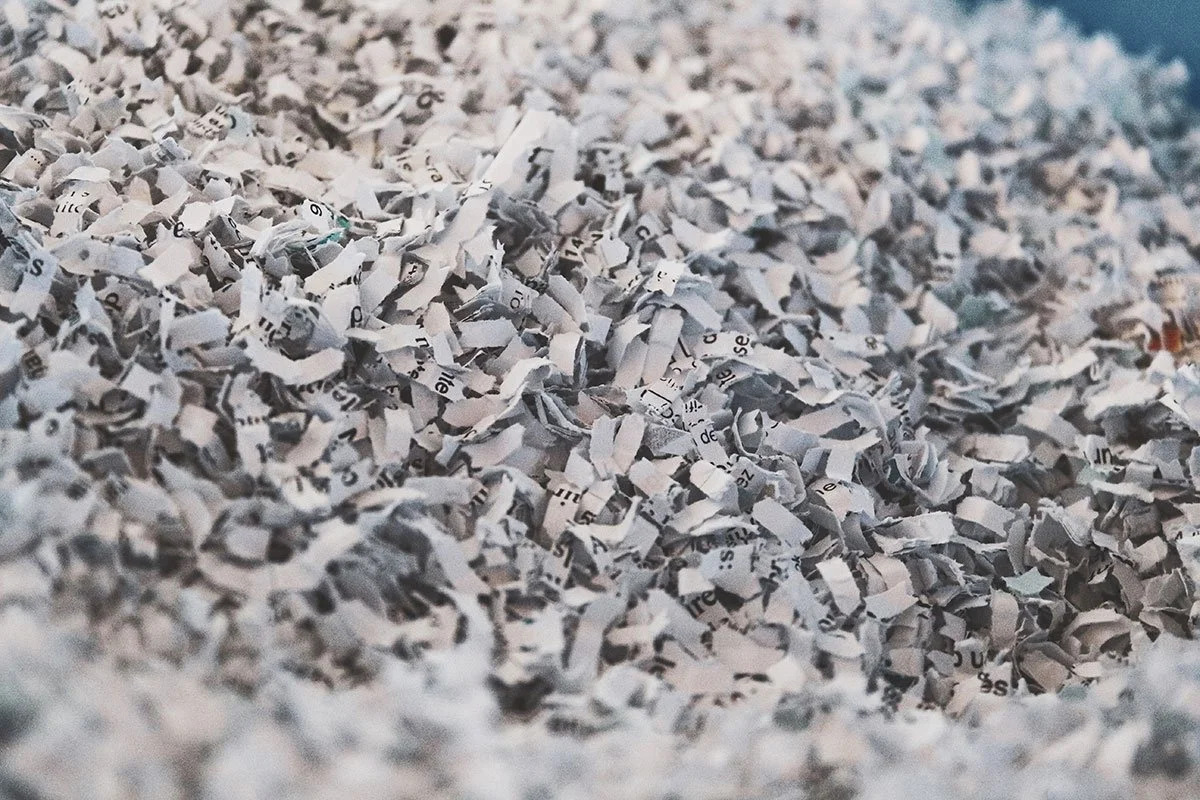The Importance of a Certificate of Destruction When Shredding Documents
In today's digital age, protecting sensitive information is of paramount importance. Whether you are an individual or a business, securely disposing of confidential documents is crucial to safeguarding your privacy and preventing potential data breaches. When it comes to shredding documents and other items, obtaining a Certificate of Destruction is a critical step to ensure the proper handling and disposal of sensitive materials. Below, we will explore what a Certificate of Destruction is, its significance, and why it is essential for anyone engaged in document shredding.
Understanding a Certificate of Destruction
A Certificate of Destruction is a legal document issued by a professional shredding service provider to verify that specific documents or materials have been securely and irreversibly destroyed. It serves as tangible evidence that the documents have been properly disposed of, meeting the industry's highest standards of confidentiality and data protection.
The Importance of a Certificate of Destruction
Compliance with Privacy Laws: Many countries have enacted strict privacy laws and regulations to protect individuals' personal information. These laws often require businesses and organizations to take appropriate measures when handling and disposing of confidential data. A Certificate of Destruction demonstrates compliance with such regulations, providing legal assurance that the documents have been destroyed in accordance with the prescribed guidelines.
Preventing Identity Theft: Identity theft is a pervasive concern in today's digital landscape. Shredding sensitive documents is an effective way to mitigate the risk of identity theft. However, without a Certificate of Destruction, there is no concrete proof that the documents have been completely destroyed. By obtaining a Certificate of Destruction, you have documented evidence that the confidential information contained within the shredded documents is beyond retrieval, minimizing the risk of identity theft.
Demonstrating Due Diligence: In the event of a data breach or legal dispute, having a Certificate of Destruction acts as a vital component of demonstrating due diligence. It showcases your commitment to protecting sensitive information and establishes a clear record of how you handle and dispose of confidential documents. This can be invaluable in legal proceedings, regulatory audits, or compliance checks.
Maintaining Customer Trust: As a business, safeguarding customer data is crucial for maintaining trust and credibility. Obtaining a Certificate of Destruction when shredding customer records or other sensitive information communicates your commitment to protecting their privacy. It assures clients that their personal details are handled with the utmost care and professionalism, strengthening your reputation and fostering long-term customer relationships.
Environmental Responsibility: In addition to safeguarding privacy, responsible document disposal also entails considering environmental sustainability. Shredded paper can be recycled and transformed into new products, reducing the strain on natural resources. A Certificate of Destruction assures that the shredded documents are disposed of responsibly, either through in-house recycling or by partnering with certified recycling facilities.
Merlin Shredding Provides Certificates of Destruction on Every Job
At Merlin Shredding, your privacy and confidentiality is our top priority. For every shredding project we complete–large or small–we provide you with a Certificate of Destruction. This ensures we have safely and completely disposed of your shredding.
Embrace the responsibility of safeguarding sensitive information by ensuring you receive a valid Certificate of Destruction when disposing of confidential documents.

